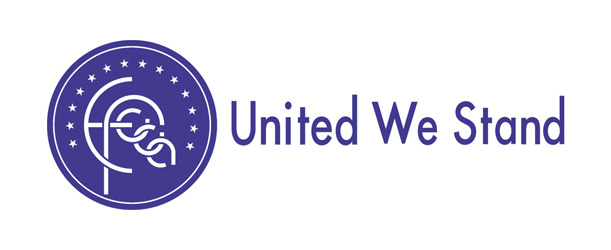- What’s on the top of your agenda?
Our top priority at the moment is patient safety. As exclusivity rights for some biologics medicines are expiring, similar biological medicines, so called biosimilars, are being developed with some already available on the European markets.
We want to ensure that patients receive accurate and unbiased information concerning these latest Inflammatory Bowel Disease (IBD) treatment options and we have launched a BAB (Biologics and Biosimilars) survey to address this issue. We are also working with key decision makers to ensure that patient safety and the patient perspective is included in any debate concerning patient safety and medicines regulation.
- Why does your organisation exist?
Our organisation exists in order to represent the over 2.5 million people in Europe who have Crohn´s disease and Ulcerative Colitis (collectively known as Inflammatory Bowel Disease). We want to give people with IBD a louder voice and higher visibility in Europe and we want to improve their quality of life and ultimately find a cure.
- What is your biggest achievement as an organisation?
Our biggest achievement as an organisation is to be recognised as the voice of the IBD community, not only in Europe but worldwide. As IBD is sadly becoming more and more prevalent, we are being approached by many IBD associations or informal groups of people living with IBD. From as far a field as New Zealand, Argentina, Puerto Rico, South Africa etc., they contact us with requests to assist them with raising awareness, sharing information and advocacy work and to live up to our motto “United We Stand”.
- What is for you the key benefit of your organisation’s involvement in EPF?
Being involved with EPF allows us to better achieve our main goal, which is giving people with IBD a bigger voice. We believe that collaborating with other disease groups will give us more strength as a group and will allow us to be more effective in terms of lobbying and awareness raising. Marco Greco, our Chairman, has been on the EPF board for a number of years and is currently the EPF Treasurer. He was also elected through EPF as one of the first patient members on the European Medicine Agency’s Pharmacovigilance Risk Assessment Committee (PRAC).
- What’s the main misconception about your disease area?
Even though Crohn´s disease and Ulcerative Colitis are not rare diseases and are on the increase, there is still very little knowledge about the disease. One main misconception is that the disease is caused by “nerves” (stress, emotions etc.) and is often confused with irritable bowel syndrome (IBS).
It´s a chronic, invisible disease with no cure so far and people with IBD often face prejudice or little understanding for their frequent or long absence from work place, education and/or social life.
The European Federation of Crohn’s & Ulcerative Colitis Associations is an umbrella organisation representing 29 national patients’ associations from 28 European countries and 3 associate members from outside Europe. EFCCA aims to work to improve life for people with IBD and give them a louder voice and higher visibility across Europe and beyond.
http://www.efcca.org/

